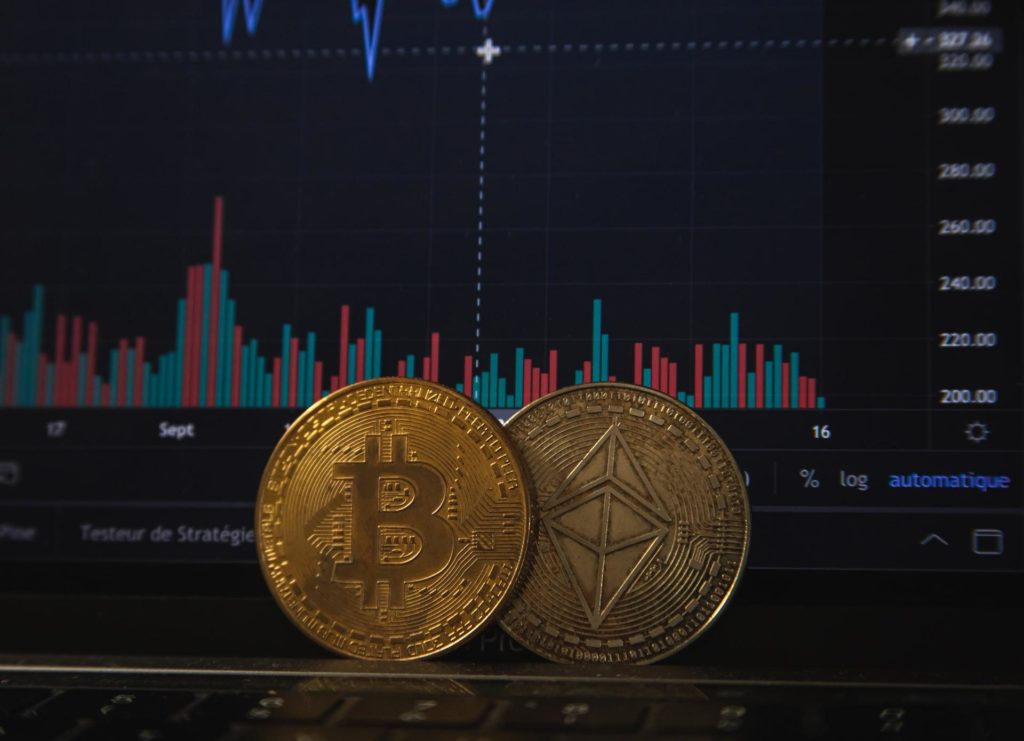Contrary to popular belief, the blockchain isn’t just about Bitcoin, cryptocurrency, Ponzi schemes or tech jargon. It has real uses and real value for all kinds of new frontiers.
What started out a decade ago as a single white paper by the still anonymous Satoshi Nakamoto later became Bitcoin’s multibillion dollar landscape. Since then, the blockchain has expanded to a range of digital and physical industries that consumers and businesses depend on.
Today, banks, casinos and even grocery stores use Blockchain technology for online gaming, institutional banking, supply chain management.
Using blockchains for creating decentralized currencies that let people almost instantly send money to each other through systems that nobody can interrupt is only one practical application. The fundamental idea of a decentralized, publicly distributed ledger of cryptographically secured transaction/activity records is by itself valuable as a concept for more robust data security.
Here are 10 top real-world examples of blockchain technology, both for the sake of transferring assets securely and for other practical uses.
Private Digital Asset Transfer
We obviously need to mention the blockchain use case that first made this technology take off into fame and fortune. Today, tens of billions of dollars in daily transactions are handled across several different blockchain-based cryptocurrencies. This activity happens on numerous platforms, protocols and decentralized finance (DeFi) exchanges over millions of transactions.
These transactions involve institutional players inside the cryptocurrency ecosystem and practical wealth transfers between millions of private people. Blockchain technology is integral to all of this digital finance, whether it’s being used in the context of Ethereum, Bitcoin, buying and selling stuff, or for new digital assets like NFTs (Non -fungible Tokens), for artists and art collectors.
Digital Identities
The unique digital signature and cryptographic security of blockchains make them extremely useful as a system for creating digital IDs. Companies, such as Microsoft, are already working on blockchain implementations of ID systems for people living in places where access to reliable government ID services is difficult.
Lending systems
Lending through cryptocurrencies is a financial use that involves transferring digital assets but with a new spin on traditional lending. On certain blockchains, such as Ethereum’s, lenders can create collateralized loans governed by automated smart contracts. These contracts automatically handle loans and loan repayments. Their great use has been in blockchain-based lending and decentralized finance platforms where lenders and borrowers can make deals individually instead of going through giant financial institutions.
Non-fungible tokens
Also called NFTs, these digital cryptographically signed tokens of ownership exist on the blockchain as provable and unique records of someone owning something. The item could be a piece of physical or digital art or any other item. Because the blockchain lets you time-stamp and securely sign a given amount of data on an immutable chain of transactions, NFTs are tamper-proof ownership trackers that lock in the transaction’s time and date.
Central Bank Digital Currencies
Consumers and finance companies used blockchain technology to issue tokens and raise funds to great gain. Now institutional banks are now getting in on the same game. Central Bank Digital Currencies are a type of blockchain-based money to offer their lending clients access to new financial assets.
Secure Healthcare Data Sharing
For the notoriously privacy-sensitive landscape of medical data sharing, security is becoming more critical than ever. Hospital records are becoming digital. Blockchain solutions offer an answer by giving doctors, medical staff and insurers tools for securely moving patient forms in a time-stamped way.
Capital Markets
Cryptocurrency speculation and distributed lending opened up interest and multibillion-dollar market capitalizations in tokens like Bitcoin, Ether and many other blockchain-based assets. These trends made capital markets became inevitable. Banks and capital market companies are already spending nearly two billion dollars per year on blockchain applications. The number of cryptocurrency investment products and derivatives on the mainstream capital markets is constantly growing.
Digital Voting
Voting systems are a critical but often poorly secured aspect of modern democratic countries. Blockchain technology experimentally to change the poorly connected part of public voting systems. Blockchains can potentially decentralize voting in public elections so that no possibility of manipulation of vote counts exists. By creating time-stamped cryptographic digital signatures for each vote, government officials can create a more transparent and honest voting system.
Smart Contracts
This side application of blockchain technology involves creating pre-agreed contracts that autonomously execute certain financial or other digital tasks. With smart contracts, people can make agreements that aren’t only bound by law, but also programmed to handle financial transactions and data sharing. Smart contracts are being explored in industries like insurance, supply chain management, financial data transactions and medical information sharing.
Wills and Inheritance Distribution
Locking funds as digital tokens into secured wallets allows people to leave assets with less worry about theft. Aside from cryptocurrencies themselves being passed on in wills or inheritances, the blockchain itself can also be used to time stamp wills and prove their authenticity.
The Bottom Line
The world of blockchain technology has already been around for over 23 years. Now it’s truly becoming a major new frontier for so many uses. Already, blockchains show lots of promise and plenty of real world use in financial contexts. Further refinements to how newer blockchains operate might create truly unusual new niches and industries. This applies if the blockchain is in an ecosystem of other unique technologies such as DeFi and smart contracts.
